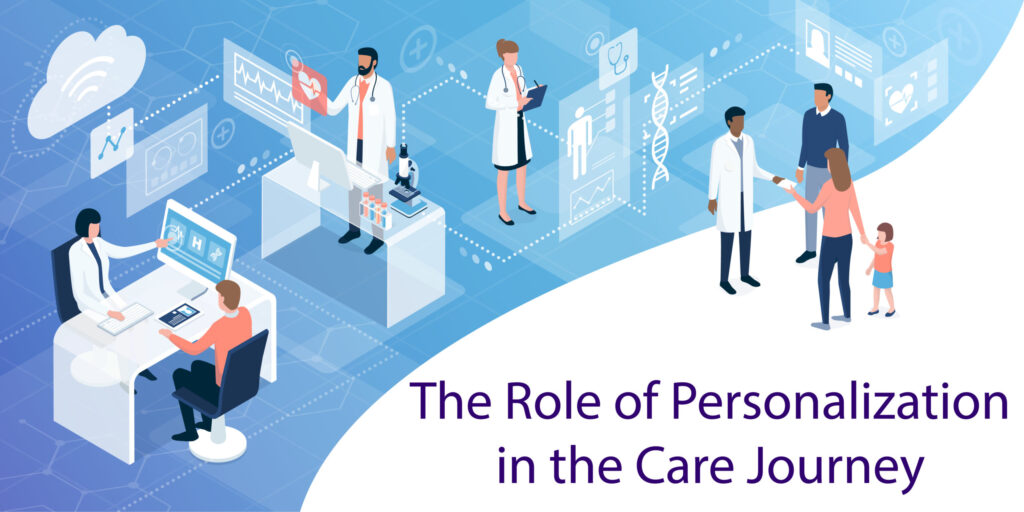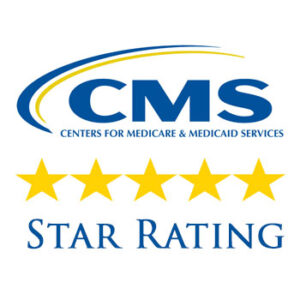Personalization for healthcare can result in more successful patient outcomes post-treatment or post-discharge. Patient engagement can lead to a better quality of care and reduce the number of readmissions for treatment, thereby reducing avoidable healthcare costs. Although the healthcare industry sought a higher degree of personalization pre-pandemic, the importance of personalized engagement has grown significantly as modern healthcare consumers are more open to engaging with healthcare providers through different media.
To better understand the role of personalization in healthcare outcomes, it’s essential to quantify post-admission engagement. McKinsey conducted a consumer research survey that provided an analysis of the practical applications in discharge planning. Their research focuses on how good care transition and supportive, personalized discharge programs reduce avoidable readmission into a care facility.
Part of good follow-up care involves ensuring medication maintenance and management and attending the right physical therapy and rehabilitation. Other aspects may include remote monitoring of the patient’s symptoms, which can be done through personalized automation. An automated client care system can also schedule timely check-ups. Follow-up care often fails because a patient may lack the health literacy needed to manage their follow-up care or have a lack of access to treatment. Personalized care can identify these needs and offer alternate solutions, such as online telemedical appointments or patient counseling. In addition, patients often need access to supplies and medical equipment for their recovery and may not know how to access these necessities.
From the McKinsey client survey, about a third of respondents expressed interest in telemedical options from their primary and specialty care providers. This included at-home COVID testing options and more information about reducing their chances of getting sick.
Results From a Healthcare Customer Survey
The McKinsey survey indicated that nearly 30% of readmissions were avoidable, but part of the solution may be including more personalized engagement with patients. This would ensure that they understand the importance of follow-up care, where to obtain it, and their own responsibilities for aftercare. The survey included 861 post-hospital discharge patients who experienced an acute healthcare event. It included their level of satisfaction with care providers, how well they understood potential complications after discharge, and their likelihood of changing care teams or insurance plans.
The findings also indicated that patients often were surprised by the unexpected medical complications after the acute event. About half of the respondents to the McKinsey survey noted high follow-up costs after the event. For Medicaid recipients, those numbers rose to 73%. Furthermore, 44% of the follow-up care was considered unplanned and involved inpatient treatment, such as hospitalization. The other half of these costs was evenly split between high-cost outpatient therapy and rehabilitation. One-third of the unplanned, costly follow-up treatment may have been avoidable, including unclear discharge instructions or insufficient post-acute medical care.
How Analytics Can Help
An AI solution, like Healthsphere offered by Porter, can help healthcare providers quantify which types of patients may have the highest readmission of post-acute complication situations. This would thereby draft solutions that address these patients, their needs, and how they prefer to receive follow-up care or communicate with healthcare providers. Providers can collect a wide variety of data about their patients and get a holistic view of their patients, their needs, and preferences. Therefore, solutions have a better chance of success, and patients receive the personalized follow-up care they deserve.
Analytics can also help healthcare providers determine the most pressing issues and prioritize those solutions. These can include a lack of access to primary care providers for follow-up, building awareness of services available for post-treatment follow-up, or reducing readmission rates for hospitalization. Quantifiable analytics also help determine the potential impact of each solution and its feasibility. Proper data can provide the highest value when crafting personalized healthcare solutions for patients.



